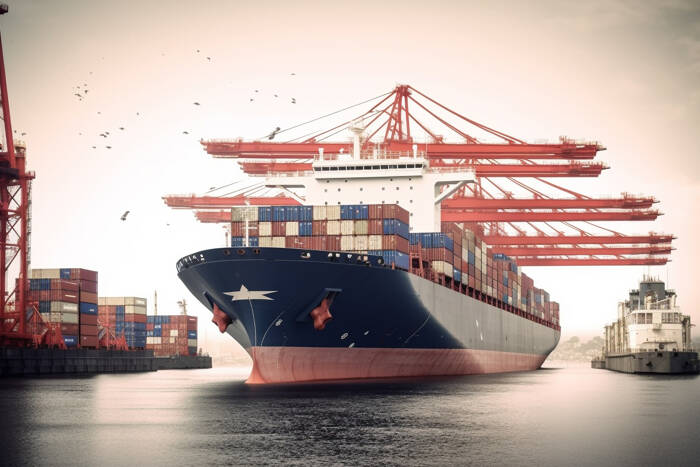The International Business court allegedly emphasized that the US Constitution gives the Congress, not the US President, the powers to regulate the business. It concluded that emergency powers do not override the Congress’ authority over commerce.
The decision is a serious setback for President Trump, which is putting pressure on the US-Pasandida trade deals over China, European Union, Japan and others. The case is allegedly one of the seven legal challenges against Trump’s tariff. Thirteen American state and other small trade groups are also combating Trump’s policies.
Prohibition immediately prevents the implementation of tariffs. While the Trump administration can appeal to the decision in the High Courts, prevents ruling enforcement until an appellate court provides emergency migration. An emergency migration will allow the administration to continue the liberation day tariff by the end of the appeal.
The court’s verdict challenged Trump’s use of the International Emergency Emergency Economic Powers Act (IEEPA), stating that it cannot be used to impose tariffs without the approval of the Congress.
The big question is whether this decision can affect Trump’s tariff imposed before liberation day. In February and March, President Trump imposed fresh tariffs on China, increasing levy on select Chinese imports. The markets should monitor the decisions of the US court and Trump’s response to whether the earlier tariffs will be pending the potential appeal.
Market response to court decision
The markets welcomed the court’s decision. On Thursday, 29 May, US futures rose in response to the court’s verdict. Dow Jones Mini jumped 424 points, while Nasdaq 100 and S&P 500 futures rose 81.5 and 358 points respectively. The removal of the tariff also led to a US dollar demanding, making the US dollar index from 0.45% to 100.321.
